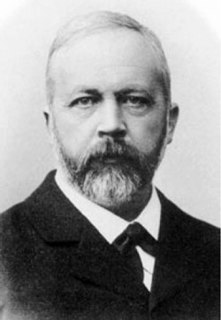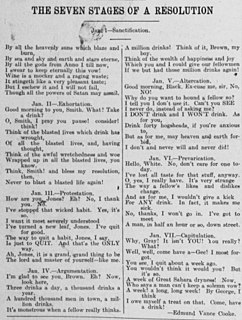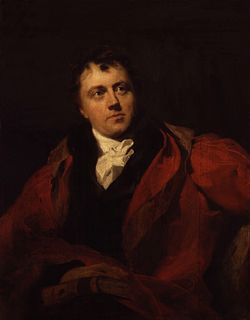A Quote by Julius Wellhausen
It is only in the case of the Priestly Code that opinions differ widely; for it tries hard to imitate the costume of the Mosaic period, and, with whatever success, to disguise its own.
Related Quotes
The historian is looked upon as objective when he measures the past by the popular opinions of his own time, as subjective when he does not take these opinions for models. That man is thought best fitted to depict a period of the past, who is not in the least affected by that period. But only he who has a share in building up the future can grasp what the past has been, and only when transformed into a work of art can history arouse or even sustain instincts.
The only points in which I differ from all ecclesiastical teaching is that I do not believe that any man ever saw or talked with God, I do not believe that God inspired the Mosaic code, or told the historians what they say he did about woman, for all the religions on the face of the earth degrade her, and so long as woman accepts the position that they assign her, her emancipation is impossible.
There is an almost universal tendency, perhaps an inborn tendency, to suspect the good faith of a man who holds opinions that differ from our own opinions. It obviously endangers the freedom and the objectivity of our discussion if we attack a person instead of attacking an opinion or, more precisely, a theory.
The constitutional right of free speech has been declared to be the same in peace and war. In peace, too, men may differ widely as to what loyalty to our country demands, and an intolerant majority, swayed by passion or by fear, may be prone in the future, as it has been in the past, to stamp as disloyal opinions with which it disagrees.
But maybe prayer is a road to rise, A mountain path leading toward the skies To assist the spirit who truly tries. But it isn't a shibboleth, creed, nor code, It isn't a pack-horse to carry your load, It isn't a wagon, it's only a road. And perhaps the reward of the spirit who tries Is not the goal, but the exercise!


































